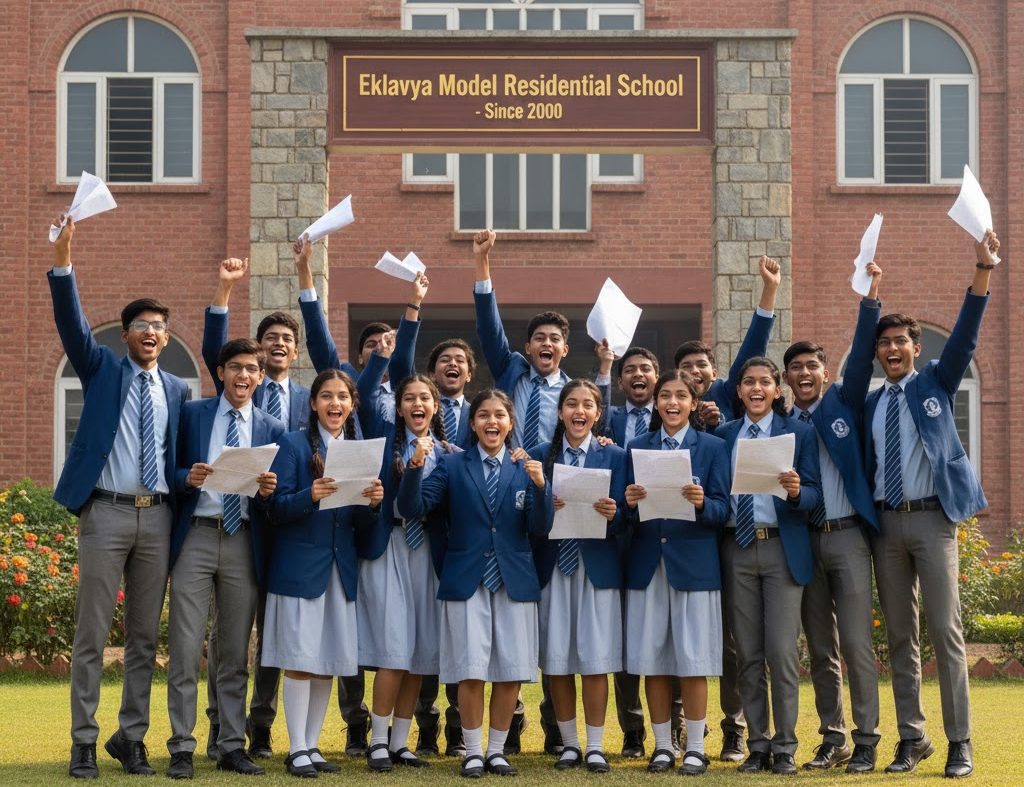Students from Eklavya Model Residential Schools (EMRS) have achieved a remarkable feat this year, with 597 clearing the highly competitive JEE Main, JEE Advanced, and NEET exams in 2024-25, compared to just two in 2022-23.
Run by the Ministry of Tribal Affairs, EMRS institutions are designed to provide quality education to students from Scheduled Tribe communities. The latest results reflect how focused interventions and improved facilities are helping students from remote tribal areas access higher education opportunities.
Out of 230 EMRS institutions that have Class 12, 101 schools reported students qualifying in competitive exams.
One such success story is that of Jatin Negi from Sangla village in Himachal Pradesh’s Baspa Valley. Despite facing frequent power cuts and harsh winters that affected his schooling, Jatin’s academic journey took a new turn at EMRS Nichar, where structured lessons and regular assessments helped him excel. He secured an All-India Rank of 421 in the engineering entrance examination and is now pursuing B.Tech at IIT Jodhpur.
Another inspiring example is that of Padvi Urjasviben Amrutbhai from Khapatia village in Gujarat. Overcoming language barriers and social challenges, she cleared the NEET exam and has joined GMERS Medical College, Junagadh, to study medicine. She hopes to serve in tribal regions after completing her MBBS.
The EMRS initiative, launched in 1997-98 and supported under Article 275(1) of the Constitution, has expanded rapidly in recent years. As of July 2025, 722 schools have been sanctioned, with 485 already operational and over 1.38 lakh students enrolled in the 2024-25 session.
These schools provide not only academic instruction but also free boarding, nutritious meals, healthcare, and exam-oriented guidance. The Ministry has also introduced Centres of Excellence, digital learning facilities, and smart infrastructure to enhance competitive exam preparedness.














